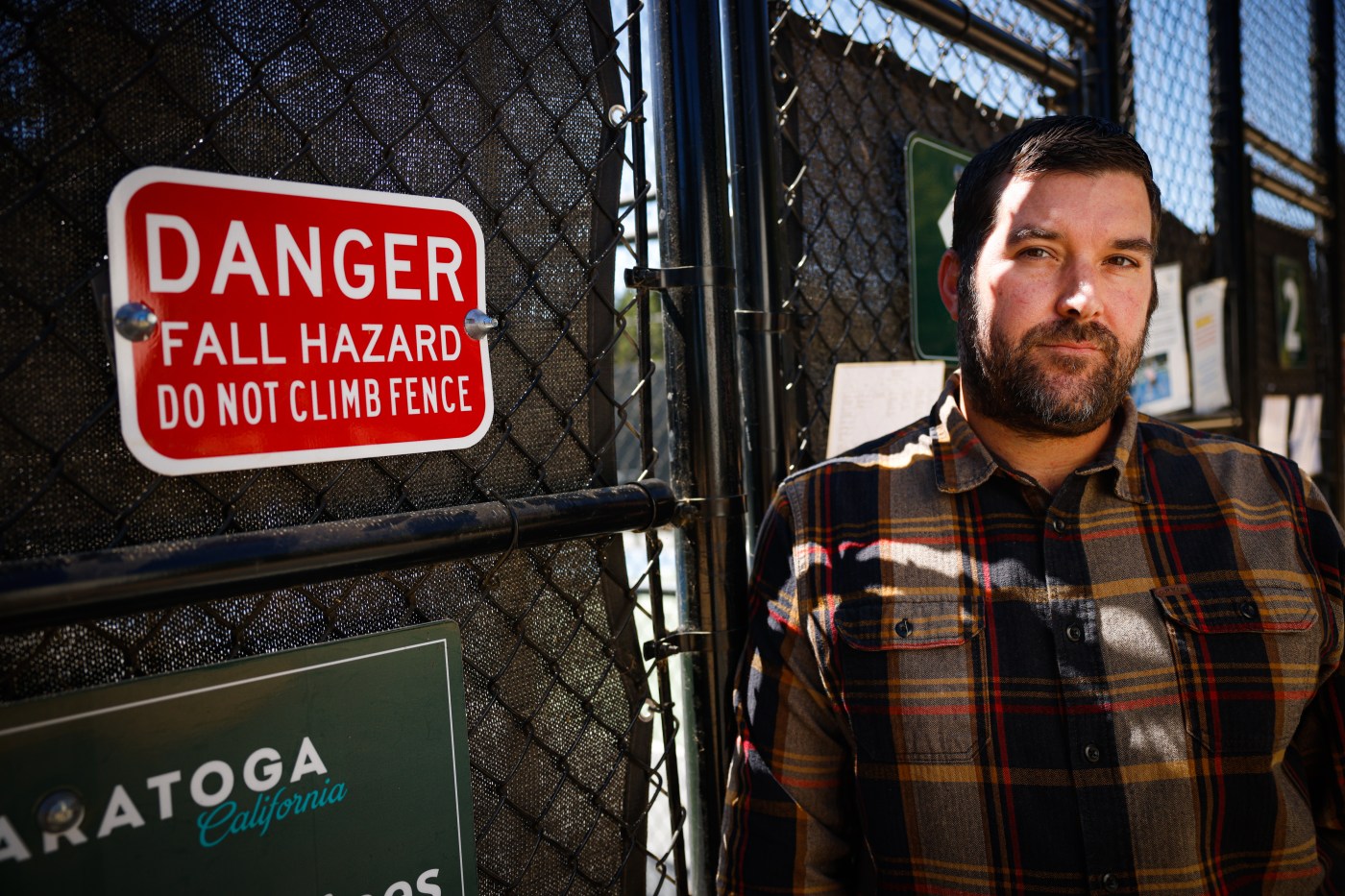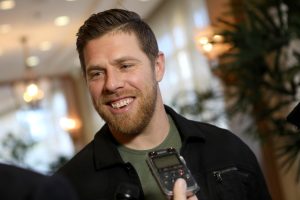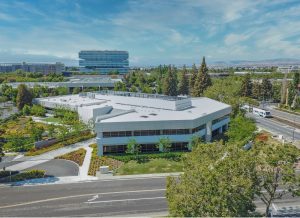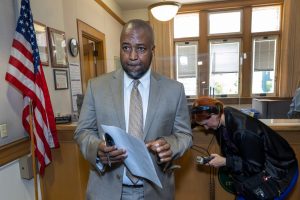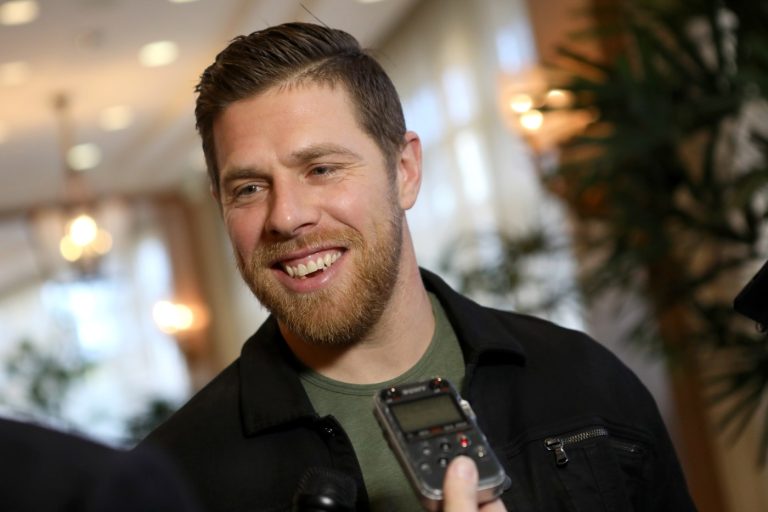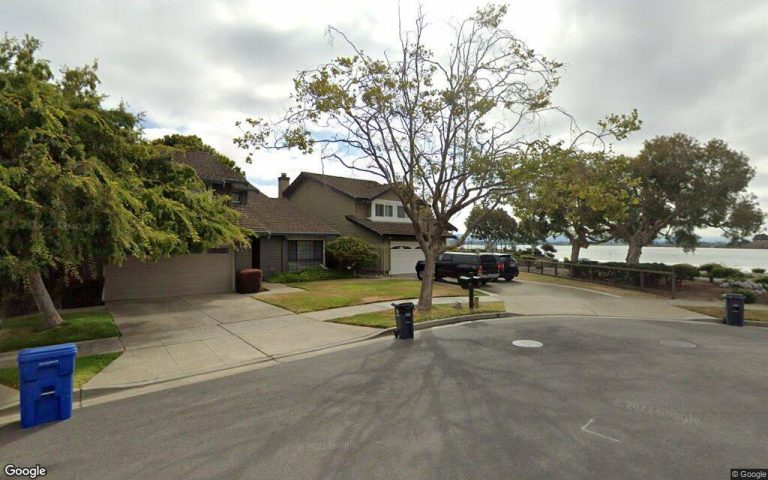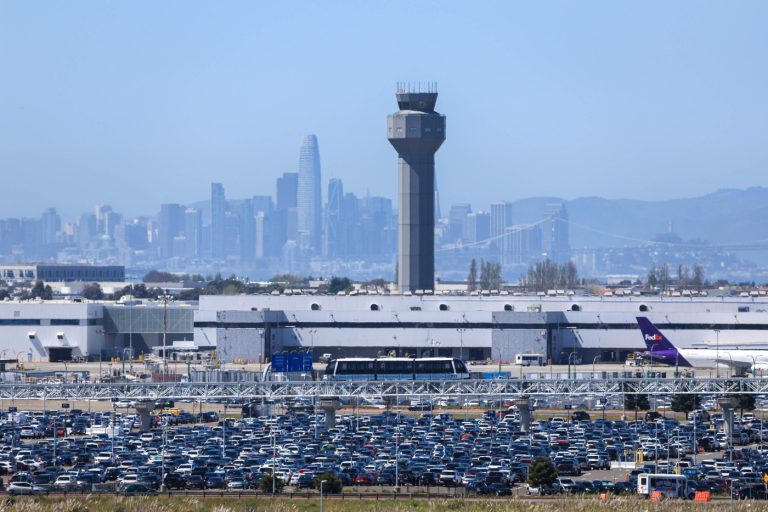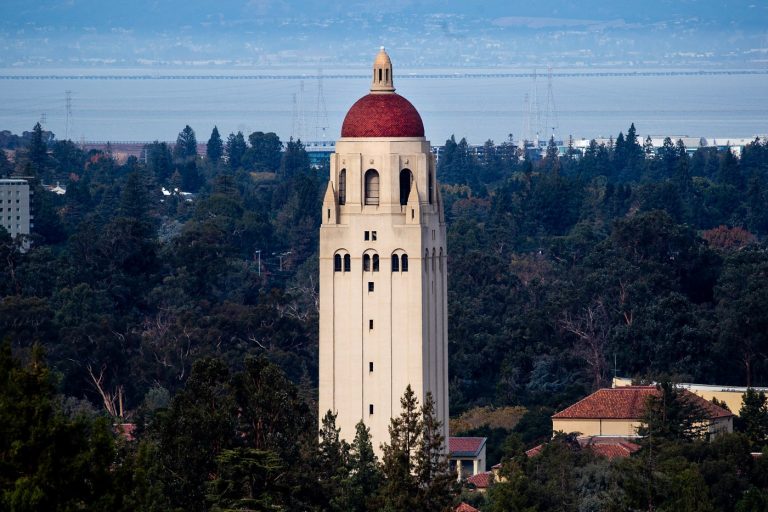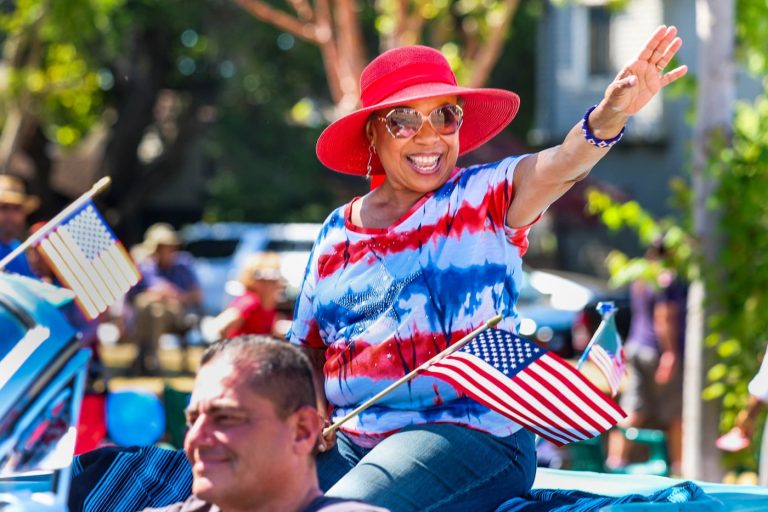Where pickleball goes, controversy follows.
Nowhere is that more evident than Saratoga’s El Quito Park, which saw the installation of new pickleball courts over a year ago, and will soon be the site of about $100,000 worth of soundproofing measures and a new magnetic lock system.
The two pickleball courts were originally the result of demand from Saratoga residents who developed an interest in the sport as it skyrocketed in popularity during the pandemic. But as has happened throughout the Bay Area, residents in the area have said that the sounds of the sport have created a “bombardment of noise,” disrupting the peace and quiet that the suburban neighborhood usually enjoys.
Zack Petersen has lived near the park for roughly 30 years in a home that he said was passed to him from his sister and, before that, their grandparents. He’s enjoyed being in the neighborhood, but now he’s starting to think about moving — because of the noise from the sport, which he said “sounds like shotguns.”
“It’s never been like this. It’s a nice area, I worked very hard to get to where I am now,” Petersen said. “I put all my money into this home to buy it, and now I’m kind of regretting it in a way because of this pickleball court noise,” he said.
The noise is just one part of the problem, he said. Since the pickleball courts don’t have any lights, players will bring their own lights to the courts to continue playing after the sun goes down. Petersen has also noticed limited enforcement of the court’s hours, so players stay out until close to midnight.
City staff said in a report on the $100,000 budget resolution for the soundproofing measures that they worked this year to improve the signage outlining the hours of play and coordinate locking the courts as much as possible.
“However, the manual unlocking and/or locking at opening and closing hours exceeds the capacity of staffing levels during those times,” the report reads.
The City Council’s decision to approve the $100,000 last month should ostensibly address this issue — the installation of panels that will absorb some of the noise is set to take place in November, and the bulk of the funds will support magnetic locks that will help keep players out of the courts after hours.
But Petersen said the locks may not make much of a difference, because he’s seen pickleball players find ways to climb over the fence and continue playing on the courts after hours on the few occasions the gates have been locked.
“I’m just hoping that the city of Saratoga can get rid of this pickleball court. I didn’t ask for any padding or the locks,” he said. “I think that may have been one of the ideas, considering all the complaints that we’re getting, but I think we’re just putting a band-aid on the situation in general.”
Pickleball players in Saratoga haven’t been entirely unsympathetic to neighbors’ complaints. Jason Tseng, an ambassador of USA Pickleball — the governing body of the sport — and a longtime Saratoga resident said he’s supportive of soundproofing efforts that would help mitigate the noise issue in the community.
“The more the city can do to make this more neighbor-friendly, that’s better,” he said.
But the measures don’t have players’ full support. Tseng said depending on how the city installs the sound dampening materials, it could actually amplify the sounds of the game being played within the courts themselves. Even if it limits the noise in the neighborhood at large, the sound could echo within the courts and then the players themselves could be at risk of hearing damage, Tseng said.
“It’s going to create an echo chamber, and it will make the sound vibrate and probably resonate or enhance a lot more. So it might not go out to the neighbors, but it might actually hurt the player’s hearing ability. That needs to be taken into account. I don’t know whether they have taken that into account or not.”
Related Articles
Miles of scenic Bay Area coastline preserved in major redwoods deal
California’s first new national marine sanctuary in 32 years to ban offshore oil drilling along 100 miles of coastline
25 of the USA’s most underrated destinations
San Jose looks to make Lake Cunningham safe for swimming again
I know what you stole last summer: Beg that national park for forgiveness and send it back. Better yet, write a letter.
The pickleball debate has recently seen an effort to get players to use new, quieter pickleball paddles and balls that aren’t as loud and disruptive as nearby cities like Milpitas and Cupertino contend with similar issues. USA Pickleball developed a line of this new equipment, and the East Bay city of Piedmont actually came just short of mandating its use at one of its pickleball courts.
“There’s a proposal coming from the players themselves that ‘Hey, if you want to mandate this, you could mandate it and then extend the operating hours of the park,’” said Badri Sridharan, the chair of Saratoga’s parks and recreation commission. “That’s something that’s still going through the works. I don’t think we made a decision on it yet.”
Noise aside, both Tseng and Petersen agree that the courts in Saratoga are uniquely inaccessible and shouldn’t be. Most pickleball courts in the Bay Area are located in public parks that are largely free to access and use.
While the courts at El Quito Park in Saratoga are technically free for people who just walk in, players can also reserve the courts in advance for $20 an hour. Tseng said because the sport is so popular and the park only has two courts, they’re almost always booked up in advance.
“In my opinion, if you’re at a public space, it should be like the volleyball courts or the horseshoe rings or the soccer field or whatever,” Petersen agreed. “It’s a public place. In my opinion, I think it should be free.”
